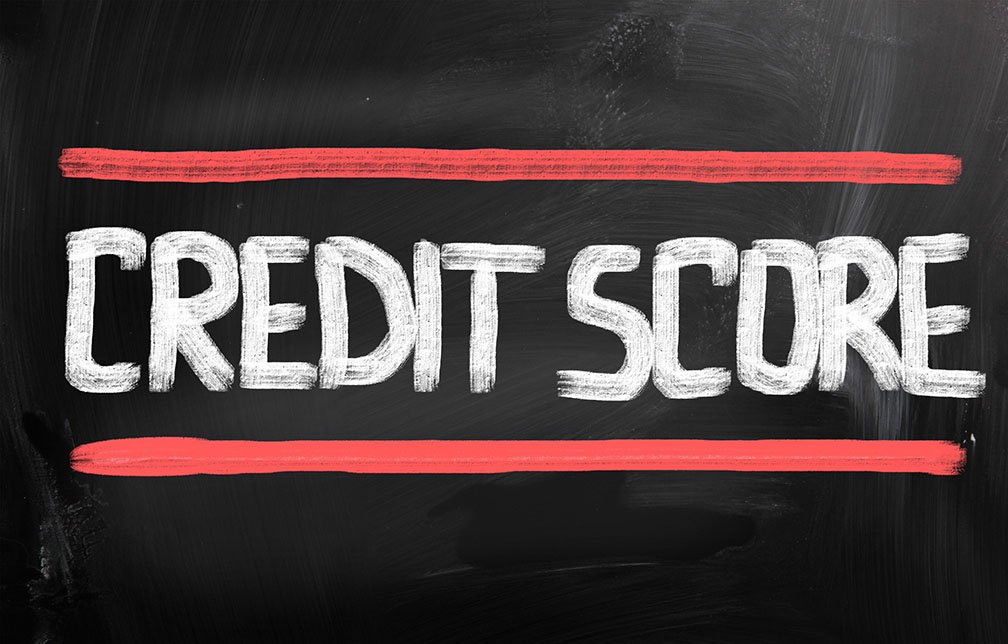Saving for a Mortgage Down Payment? 4 Tips That Will Help You Get There Faster
 For most people, the idea of saving more money each month is enough of a burden without having to think about investing in a home. A down payment, however, will require a lot more saving know-how and a lot more in liquid assets in order to be able to buy. If you’re trying to find ways to save a bit more each month, here are some sure-fire tips for raising the extra funds.
For most people, the idea of saving more money each month is enough of a burden without having to think about investing in a home. A down payment, however, will require a lot more saving know-how and a lot more in liquid assets in order to be able to buy. If you’re trying to find ways to save a bit more each month, here are some sure-fire tips for raising the extra funds.
Re-consider Your Commute
Outside of rent, there are few things that will cost as much money as owning your own vehicle, so instead of holding on to yours, you may want to consider putting it up for sale. While a vehicle costs a lot in gas, there are also costs for maintenance, insurance and parking that quickly add up. By foregoing this expense, you can easily save significantly!
Stick To Your Budget
It might sound like a silly tip, but actually sticking to your budget can make a big difference in how much you’ll save. While most people have a few rules to live by, writing down every receipt and monitoring the things you overspend on can make a marked impact on your surplus when all’s said and done.
Cut Down On Coffee & Lunch
With the hustle of everyday life, many people run out for coffee or lunch every day and forget that these costs add up over time. Instead of spending $5 or $10 here and there, take your coffee to go and make your lunches at the start of each week. It may not seem like much, but this can easily add up to hundreds in just a short time.
Change Your Phone Plan
Many people think that all of the conveniences that come along with a smart phone are a necessity, but data can come at a high price and it may not be worth paying. Instead of eating a high monthly phone bill, talk to your provider about what deals they can offer you and what you can cut back on. It may seem small at first, but it will add up to a lot by the year’s end.
It can seem insurmountable to try and save up enough for a down payment, but the little things that you spend on each day can easily add up. If you’re currently on the market for a home and are considering your saving options, contact your trusted mortgage professionals for more information.

 Are you currently house-hunting or plan to be in the near future? If you plan on using mortgage financing to pay for your home, you will soon discover that there’s no shortage of options available to you. You can meet with a local mortgage professional, apply for mortgages online and even download mobile apps that promise to set you up with a mortgage. However, is every option equal?
Are you currently house-hunting or plan to be in the near future? If you plan on using mortgage financing to pay for your home, you will soon discover that there’s no shortage of options available to you. You can meet with a local mortgage professional, apply for mortgages online and even download mobile apps that promise to set you up with a mortgage. However, is every option equal? Are you shopping around for a new house or apartment? One of the key considerations you will need to make is figuring out how much you want to invest in your new home. Below you’ll find our quick and easy guide to determining just how much “house” you can afford. Let’s get started!
Are you shopping around for a new house or apartment? One of the key considerations you will need to make is figuring out how much you want to invest in your new home. Below you’ll find our quick and easy guide to determining just how much “house” you can afford. Let’s get started! Many people all over the world are dealing with issues involving debt or poor credit history, but most aren’t necessarily aware of what exactly makes up their credit score. Unfortunately, it might seem like it’s the big stuff that counts when it comes to credit, but little things can have a significant impact on your financial health. If you’re looking to improve your understanding and your finances, here’s what you need to know about small mistakes and your FICO score.
Many people all over the world are dealing with issues involving debt or poor credit history, but most aren’t necessarily aware of what exactly makes up their credit score. Unfortunately, it might seem like it’s the big stuff that counts when it comes to credit, but little things can have a significant impact on your financial health. If you’re looking to improve your understanding and your finances, here’s what you need to know about small mistakes and your FICO score. If you’re considering applying for a reverse mortgage, you’ll want to ensure you understand certain critical factors. One such factor is the principal limit. The principal limit will have a strong influence on your finances, which is why you’ll need to ensure you know – before applying for your reverse mortgage – what your principal limit is.
If you’re considering applying for a reverse mortgage, you’ll want to ensure you understand certain critical factors. One such factor is the principal limit. The principal limit will have a strong influence on your finances, which is why you’ll need to ensure you know – before applying for your reverse mortgage – what your principal limit is.